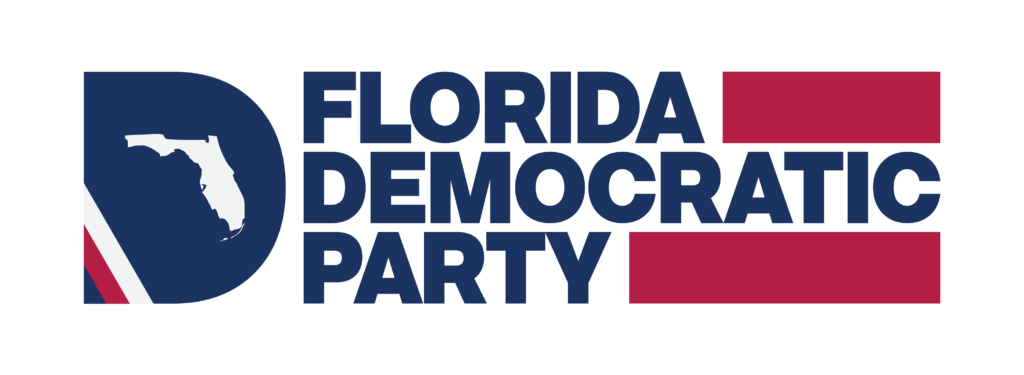In the News
In Interview, Adam Putnam Reveals He Has No Substantive Ideas to Expand Access to Quality, Affordable Health Care



Adam Putnam’s plan to help Floridians who don’t have access to health care?
Get a better job and eat right.
During an interview this week, Rick Mullaney, the director of Jacksonville University’s Public Policy Institute, asked Putnam what he would do as governor to address rising health care costs. After briefly mentioning federal block grants for Medicaid, Putnam said the solution to the state’s health care affordability and access issues was simply improving the economy and raising wages. (Just a few minutes before, Putnam had praised Florida’s economy under Rick Scott.)
It got even worse from there, with Putnam suggesting that one way Floridians who don’t have health insurance could take care of themselves is with community gardens and eating healthy. Those comments revealed that Putnam has zero substantive ideas to actually expand access to quality, affordable care.
Putnam has largely avoided talking about health care throughout his gubernatorial campaign — in fact his website doesn’t even list it as an issue. Putnam has a long record of opposing expanding access to health care and in 2013, he lead the charge against Medicaid expansion, which would give up to 800,000 Floridians access to care.
Listen to Putnam’s comments here, which begin around minute 24.
PUTNAM’S HEALTH CARE POLICY: GET A JOB: Putnam: “The best way to improve to improve health care coverage, health care affordability, access to health care is for people to have a job. Nobody aspires to be on Medicaid because that by definition means you either don’t have a job or you have a job that is so low paying that they’re not offering don’t have benefits. Anything we do to strengthen our economy to create more jobs and better-paying jobs will improve the health care indicators in our state.”
PUTNAM’S HEALTH CARE POLICY: DIET: Putnam: “As a farmer, as the commissioner of agriculture, I’ve always taken the position that what we eat and our diet drives a lot of our health care costs. 80 percent of our health care dollars are managing diet-related illness that’s why we made school nutrition such a priority and our summer feeding program such a priority and working with nonprofits to have more gardens, community gardens, school gardens, education about nutrition.”


